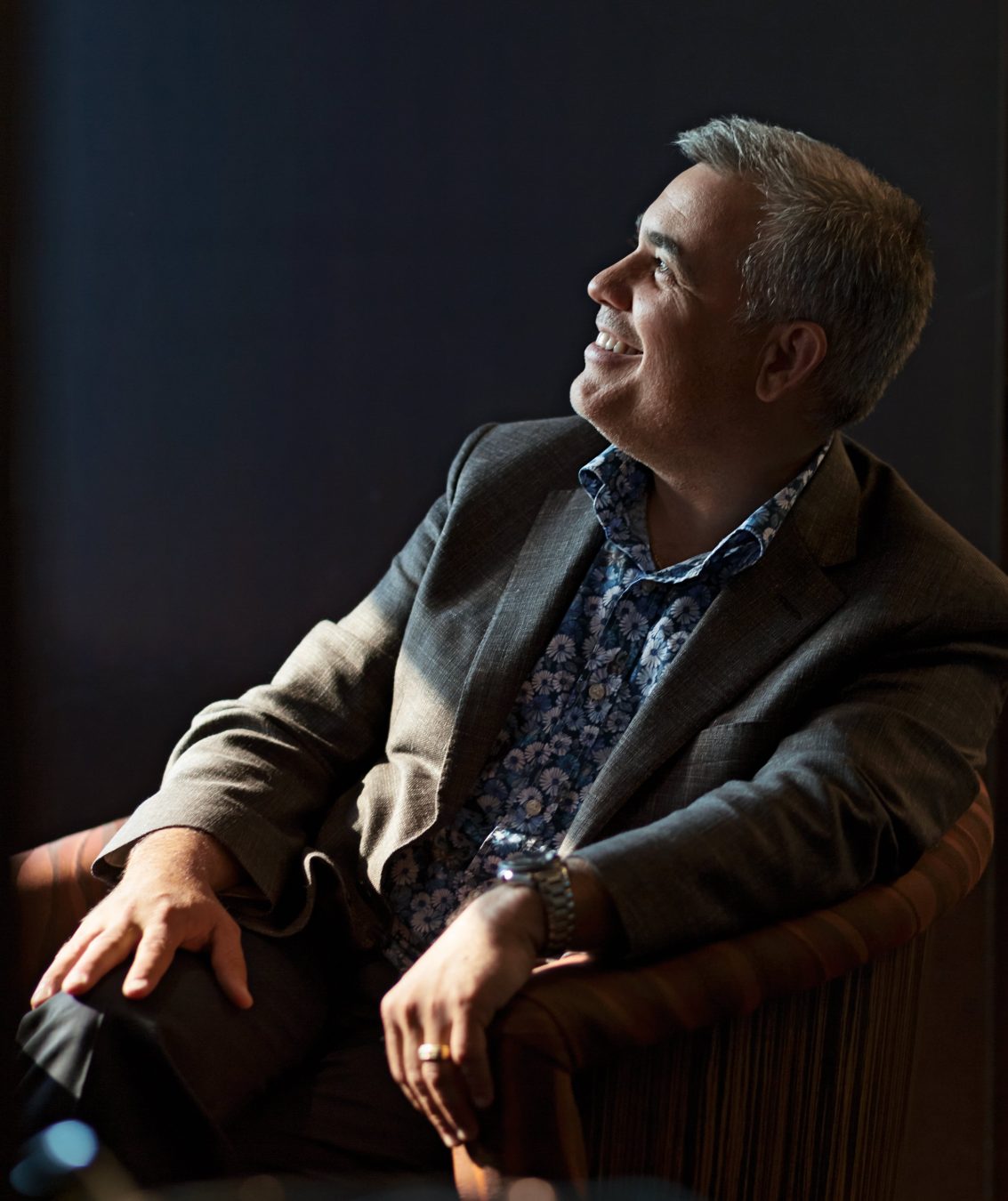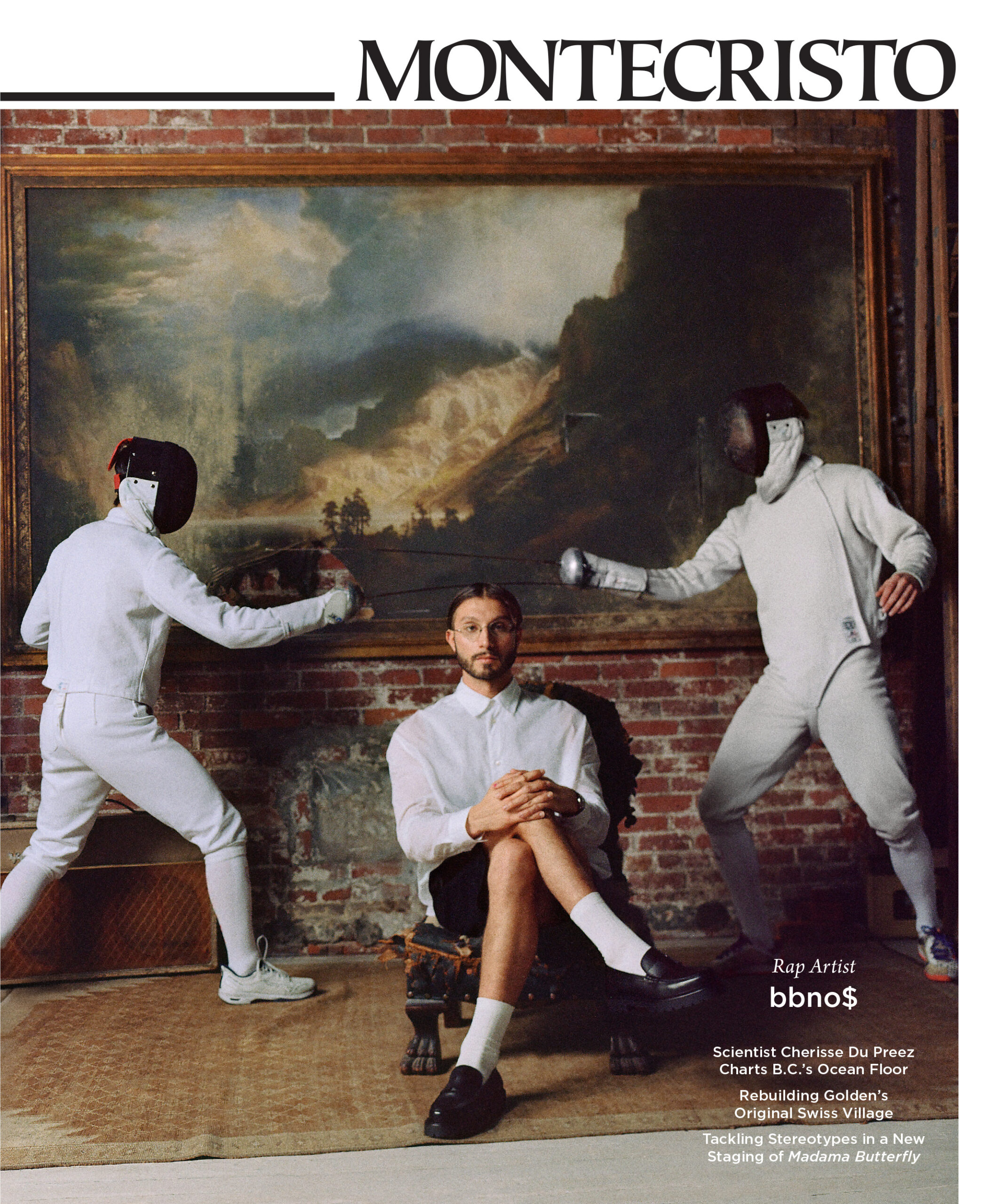It is a pleasant early morning on the terrace of the Terminal City Club, the coffee hot, and the North Shore mountains clear of smoke, for a change. Garry Skidmore has just come over the Port Mann Bridge, which caused him to wonder, “Where did all these cars come from?” His commute is these days extended by over half an hour, but he is happy to have done it this day, since it is an opportunity to talk about his family’s and his companies’ formidable charity work, which impressively spans the globe.
“The seeds were planted a very long time ago,” he says. “I watched my grandfather handle his wealth and his company. He is now passed on, but I have watched my father virtually every day, seen how he handles his money, too. So, it basically just rubbed off on me.” Skidmore is forthright, concise, and extremely personable, and it is not difficult to discern why he has been so successful over time. He attributes it to being a good learner, for one thing. “I have seen the blessing that our family has had in our own business, and I heard, repeatedly, that of those to whom much is given, much is expected,” he says. “I am now in the process of passing this on to my own children, too: what are you going to do to make a difference, first in your own backyard and then in the world?”
The successes of the Skidmore family, which began its first auto glass business in New Westminster in 1946, are almost impossible to overestimate. Art and Herb Skidmore started it all, and by the time Art’s older son Allan joined in 1967, it was already a rapidly expanding enterprise. The company soon reached Atlantic Canada, and was called Trans Canada Glass Incorporated, later to become Speedy Glass when the company entered into the United States market in the early 1980s. Today, the Skidmore Group has a vast array of subsidiary companies, and an exceptional philanthropic presence, counting among their major beneficiaries BC Children’s Hospital, the Salvation Army, Langley Memorial Hospital, and ACTS, a builder of gravity-flow water systems in Uganda.
No matter how large the endowment capacity may be, there is always a limit. How does the Skidmore Group decide where to put its support? “It starts, basically, with things that touch us,” says Skidmore. “For example, our 18-year-old son Alex was born with a serious kidney issue, something which had him on dialysis, and has led to two kidney transplants. Through all of that, I spent a lot of time at BC Children’s Hospital—a place that, before Alex, I could not have found on a map.” His measured tone rises only slightly as he continues: “When the hospital announced its plans for a new building, we wanted to be involved. My thinking was, for the new build, how about private rooms for each dialysis patient? Adults can handle the process better, but for kids, it is really tough to all be squeezed in together, parents everywhere.” And so, the Alex Skidmore Renal Dialysis Unit opened in November 2017.
Given the vastness of the Skidmore Group’s holdings, there is real power in numbers—something Skidmore is well aware of. “All the people in our organization know there is a bottom line. But there is one more step after that,” he explains. “This is not only about the company you work in, or about the Skidmore family. I want to empower each employee to ask of themselves, ‘What can I do to help? How do I make the world a better place?’” He references the trend of millennials embracing social impact travelling. “We noticed this among our employees,” Skidmore says. “So we say to them, ‘If you are doing that kind of travel, going somewhere and contributing, making a bit of a difference, we can help you with that.’” A truly great incentive.
The ensuing day beckons, but Skidmore has one more point to make: “We have many small causes, a few bigger ones, too. But, this cannot happen without a great team, all striving towards the same goals. I am pretty proud of them all.”
Get inspired with more stories from our Impact section.









